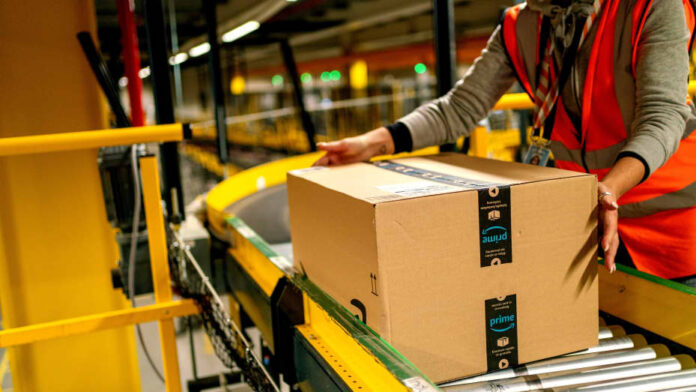Amazon.com, Inc. (NASDAQ:AMZN) has filed a patent called “Method and Systems For Anticipatory Package Shipping,” according to which it would deliver the things consumer wants to buy even before they place an order, cites a report from TechCrunch. Amazon would decide to deliver the product depending upon its hunch that which items the consumer would demand next.
Delivery based on buying patterns
The dynamic online retailer will decide the next buy of a user based on the buying patterns and other data about the nature of the user. Based on these studies the warehouse close to the consumer would have that particular kind of product. Amazon.com, Inc. (NASDAQ:AMZN) would learn from the behaviour and buying patterns of the user to facilitate prompt delivery.
The patent also notes that giving the product to consumers for free even if they never intended to buy it would save more cost rather than shipping it back to the warehouse again.
Piling the stuff in the warehouse before the order differs from the current pattern where first order is placed and then the package is labelled with the addresses where it is to be delivered before loading it on the delivery trucks.
A technology worth watching
Some user may not like or understand this idea along with the fear that their privacy has been compromised at a certain level. But the new policy of Amazon.com, Inc. (NASDAQ:AMZN) will be worth watching as the company would act like a close friend or spouse, who figures out the needs of the loved once in advance.
Amazon is looking forward to start “anticipatory shipping” to bring down the time taken in delivery, and slowly declining the need to visit a brick and mortar stores. In the patent, Amazon has described the method of boxing and shipping the items to customers in a specific area on buying patterns, wish list and other such data.
Forrester Research analyst, Sucharita Mulpuru said in a statement “It appears Amazon is taking advantage of their copious data. Based on all the things they know about their customers they could predict demand based on a variety of factors.”









